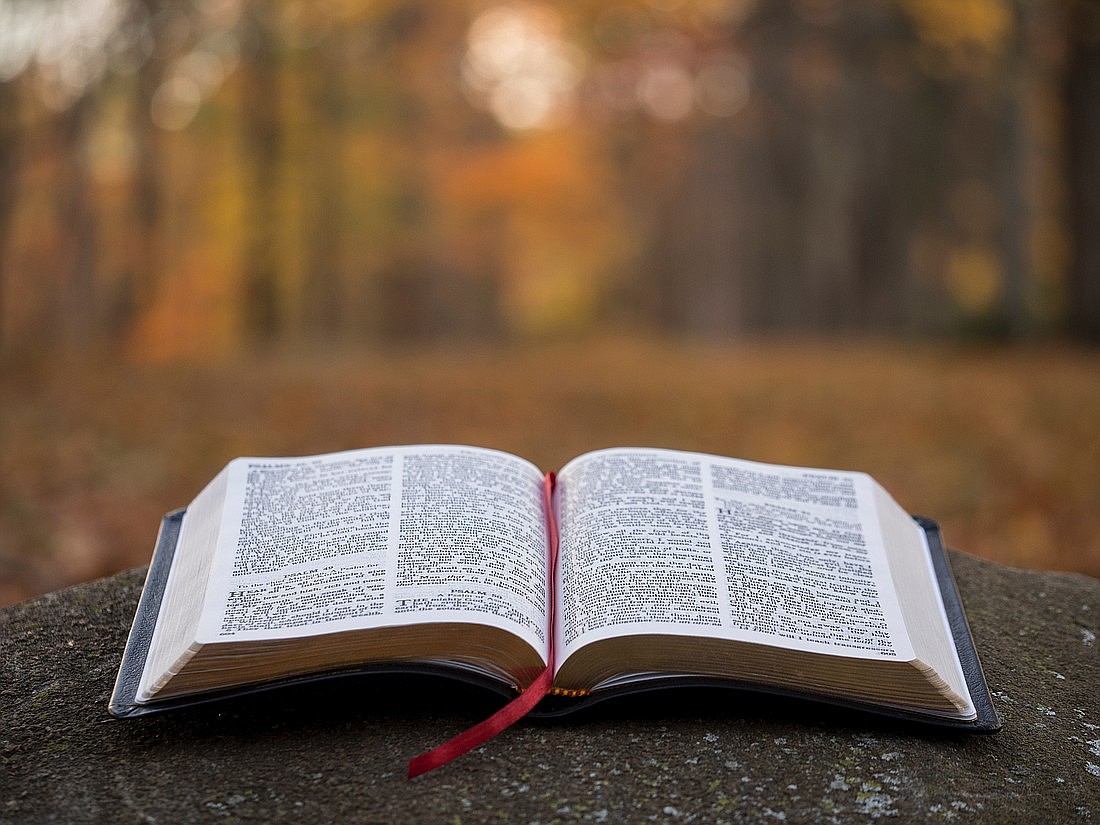August 23, 2023 at 4:07 p.m.
‘Who do you say I am?’
In the Gospel for Sunday, Jesus explores a critical question with the disciples: “Who do people say that the Son of Man is?” The question isn’t strange for Jesus’ culture. Near Eastern people aren’t individualistic like people in our American culture. Experts describe them as dyad personalities — that is they depend on others to help them know who they are. So Jesus isn’t conducting a self-help session or a theology lesson with the disciples, he is getting feedback on his identity in the eyes of the community (see “The Cultural World of Jesus” by John J. Pilch.) The disciples have been following Jesus for a while now and have observed his words and actions. They could have responded: “You are a miracle worker, a Sabbath breaker, a resident of back-water Nazareth, a carpenter, a preacher of parables, a rabbi,” but they refer to other people’s opinions and to past prophets.
Then Jesus pointedly asks: “Who do you say that I am?” Simon Peter speaks up with an inspiration sent from God: “You are the Christ, the Son of the Living God.” Even though many times it appears that he wasn’t paying attention, Peter really knew Jesus!
Jesus praises Peter and promises that he will be the rock on which the church is built; he will be the key-keeper, the Chamberlin of the household! He is the “first” among the apostles in leadership. This text is the bedrock of the Catholic belief in Petrine authority.
Peter’s privileged, foundational place is certainly shown in this Gospel. It is underscored by the reading from the Prophet Isaiah. Shebna, the “master of the palace,” the Chamberlin, is being replaced by Hilkiah, God’s servant. Isaiah describes the favors God will shower on Hilkiah — authority and the Key of the House of David; he is second only to the King.
While the emphasis of the Gospel is on Peter and his role as first among the apostles, it holds other important reflection points for us. Jesus’ question — “But who do you say that I am” — is directed at each one of the disciples, which is to say, at each one of us. Do we respond with answers from the past? Is Jesus a long-gone prophet or preacher? Is he an answer from one of our catechism questions? Is he the moral inquisitor of our teen years or the safety net of adulthood? Who is he right now, in this present moment for us?
Peter’s response to Jesus was dynamic: “You are the Christ, the son of the Living God.” How do we relate to that? What does it mean that Jesus is the Christ? Is he truly the Risen Lord, the Cosmic One whose presence fills the heavens and the earth? Is he the loving friend who desires our company, our conversation? Is he the Compassionate one who calls us to extend welcome and respect for all?
As believers, we are called to reflect deeply on who Jesus is for us, now. Only by doing this, only by learning more about him, only by engaging with him in prayer, only by meeting him in the Scriptures and the sacraments can we truly follow him. As we learn more about Jesus, as we discover his beauty, goodness and truth then we also come to know and understand our truest and deepest selves!
- The ‘winter flower’ and her shower of Olympic blessings
- Vatican stamp depicts Ukrainian Catholic cathedral as witness to ‘the light of Christ’
- Diocese of Syracuse wraps $176 million bankruptcy settlement in ‘journey of reparation’
- Church leaders call for healing, reconciliation at Mass of solidarity with migrants in Minneapolis
- US bishops among supporters of lawsuit against Trump birthright citizenship executive order
- Augustinian shares how Pope Leo fought evil in Peru as new bust unveiled in Chicago
- Bill to allow assisted dying in UK expected to fail in Parliament, but local measures advance
- Minnesota Jesuit priest, clergy of other faiths sue DHS over denied entry to ICE facility
- Church governance begins with holiness, not bureaucracy, Bishop Varden says at Curia retreat
- Why do the bones of St. Francis draw hundreds of thousands of pilgrims?








Comments:
You must login to comment.